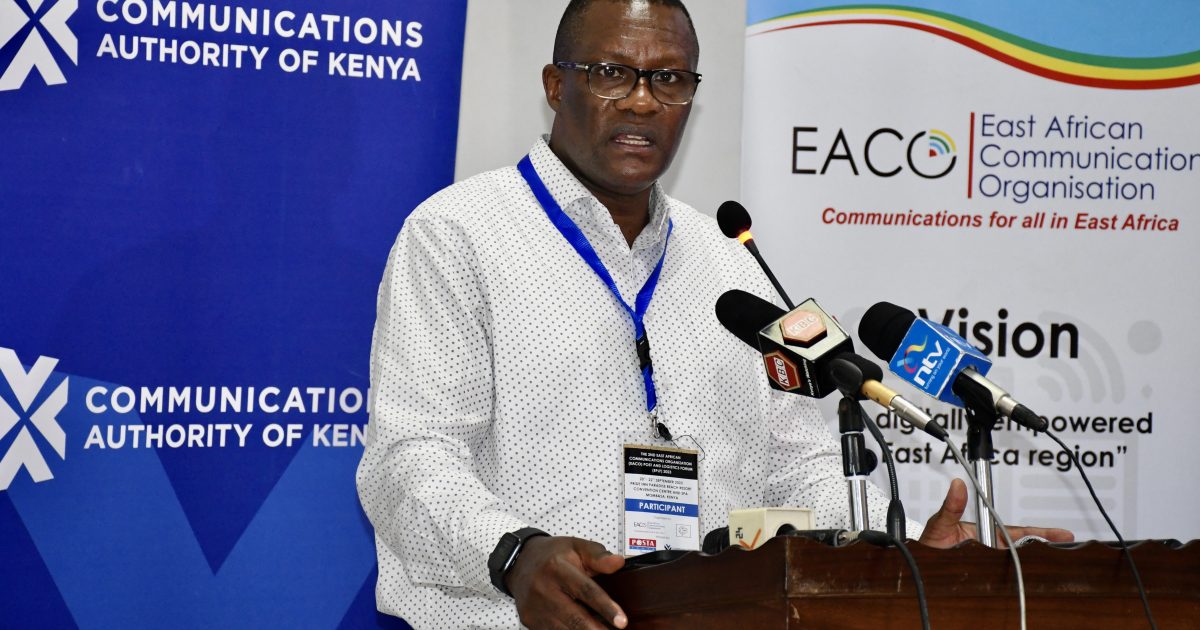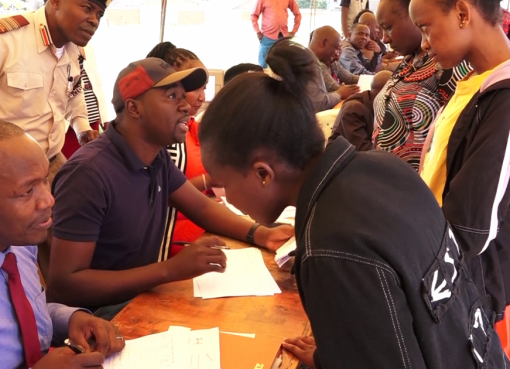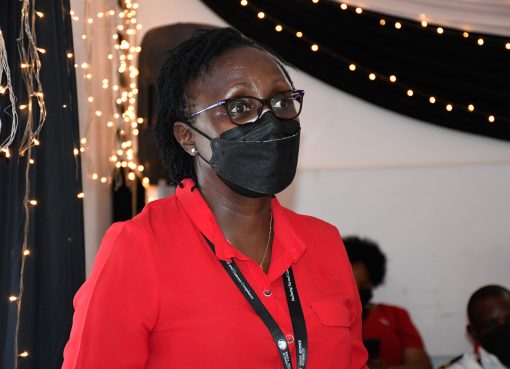Cabinet Secretary (CS) Eliud Owalo for the Ministry of Information Communication and Digital Economy has urged East African Communities (EAC) Postal and logistics corporations to realign their operational process in line with technological advancements.
Speaking during the 2nd East African Communication Organization (EACO) Posts and Logistics Forum (EPLF2) in Mombasa, the CS said the government was resolute in its mission to propel Kenya to a dynamic transformational digital economy.
He stressed that the posts and logistics industry was envisaged to play a critical and indispensable role in the digital transformational agenda as the lead in technological advancement for other sectors to emulate.
“This industry is the livelihood of e-commerce in Kenya and the broader East African region and it therefore demands our unwavering commitment and attention,” he said.
The surge in e-commerce, he added has underscored the pivotal significance of the postal and courier sector. “It’s an industry on the threshold of unprecedented change where innovation is the key to fulfilling futures,” he said.
Owalo challenged postal corporations to adopt cutting-edge technologies, being innovative in the wake of digital transformation.
“We cannot continue with the traditional business model we have been used to in the postal sector. It calls for strategic agility and maneuverability. We have to reorient our business model to survive in the operational environment,” he said.
CS Owalo exhorted the Postal sector to leverage its expansive network to excel in last-mile deliveries.
“There is no single entity anywhere in East Africa with as wide a network as the postal corporations that we have.
What we need to do is to be creative to see how we can leverage that network for the purposes of last mile connectivity as an integral component of our e-commerce national strategies,” he said.
He added that digital competence must cultivated, regulatory framework finely tuned to harmonize with the new technological landscape.
The CS revealed that a sector working group was constituted to discern the operational environment, analyze changes and emerging issues in the sector, offer advice on the best-case practices to the government on the intervention measures needed in the ICT and digital economy landscape.
The CS pledged support for a conducive digital-driven environment in Kenya where both the public and private sector organizations will thrive but challenged the postal corporations to be creative and innovative to survive the ever-fluid terrain.
“Gone are the days when government year in and year out would continue pumping money into public sector organizations which are not sustainable. Your survival will rely to a great extent on the level of creativity and innovation,’’ he said.

He noted that Postal organizations, are competing in business today with private sector entities and they need to be proactive, innovative, creative, and agile to survive in the operational environment.
“Don’t just rely fully on government support by way of financial support through exchequer disbursements that will not be sustainable.
You need to come up with new and innovative ways of revenue streams that would be able to sustain your operations on one hand and also leverage on the same to enhance the staff motivational levels so that their performance can be enhanced,” he advised.
CS Owalo noted that the postal and courier system is not just a pillar but it’s the cornerstone of e-commerce and the digital economy.
“In line with our ICT policy the government is committed to integrating courier to the digital marketplace and delivering e-services to our citizens through this network,” he said adding that government focus is to nurture an environment that attracts and retains investment in line with development goals.
The government he said is committed to implementing policies and investment plans that prioritize the welfare of the public, facilitate free market operations, and elevate postal services as pivotal logistics and e-commerce enablers serving government, the private sector, and the citizens at large.
By Sadik Hassan




